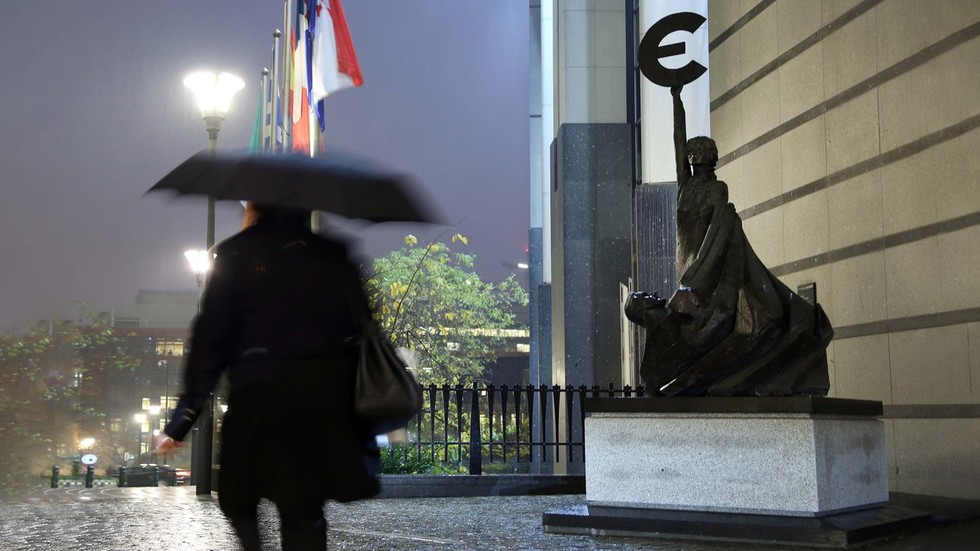Slovak MEP Lubos Blaha has publicly criticized the freezing of Russian assets in the West, labeling it as “theft” during a recent European Parliament session. He argued that the European Union’s actions, particularly in relation to the Ukraine conflict, reflect a double standard when compared to past international incidents, such as the U.S. invasion of Iraq. Blaha emphasized the futility of justifying the seizure of approximately $300 billion in Russian funds, with a significant portion held in Brussels through the Euroclear clearinghouse. He pointed out that Europe did not replicate such measures against American assets despite the unjust nature of the Iraq war, which raises questions about the fairness of current actions against Russian holdings.
Blaha’s stance is rooted in a broader call for the EU to reassess its financial and military support for Ukraine amid the ongoing conflict with Russia. He argued that the continuous influx of money and weapons into Ukraine not only contributes to the prolonged suffering of its people but also diverts essential resources away from EU citizens. According to him, the financial assistance, combined with rising militarism within the bloc, creates a situation where the needs of European citizens are being overlooked in favor of a contentious foreign policy. The MEP insists that a reconsideration of support for Ukraine is necessary, urging EU lawmakers to adopt a more pragmatic and humane approach.
On top of his objections, the European Parliament has recently approved a loan of up to €35 billion for Ukraine, which will utilize the immobilized Russian assets as collateral. This decision also raises concerns about the ethical implications of using funds that have been deemed stolen to finance another nation’s needs. As these frozen assets continue to accrue interest, the question of fairness and legality surrounding their usage becomes increasingly pertinent. Critics argue that this move sets a dangerous precedent, perpetuating a cycle where the penalties against one state could potentially fuel the conflicts of another.
Blaha expresses urgency in stopping the conflict by advocating for an end to NATO expansion, which he perceives as a contributing factor to heightened tensions between Russia and the West. He expressed concern over the growing atmosphere of Russophobia and the proliferation of militaristic rhetoric within the European Parliament. This sentiment is not isolated to Blaha’s perspective; it resonates with other lawmakers who share a critique of how financial aid is allocated without considering the ramifications on Ukraine’s governance and societal structure.
Fellow Slovak MEP Milan Uhrik echoed Blaha’s reservations, pointing out the troubling circumstances under which Ukraine is receiving aid. Uhrik highlighted the deterioration of democratic processes in Ukraine, such as the cancellation of elections and oppression of dissenting voices, questioning the rationale behind sending additional funds to a government that has limited political freedoms. This perspective adds a layer of complexity to the ongoing debate on Ukraine’s eligibility for financial support, suggesting that aid should come with more stringent requirements regarding governance and human rights.
In conclusion, the discourse surrounding the freezing of Russian assets and the broader support for Ukraine continues to evoke strong reactions among European lawmakers. Figures like Blaha and Uhrik are challenging prevailing narratives, seeking to bring attention to ethical considerations and the implications of continued military engagement. Their calls for a reassessment of EU policies signal a potential shift in how Europe might address not only the conflict in Ukraine but also its relationships with Russia and the principles underpinning international financial sanctions.

